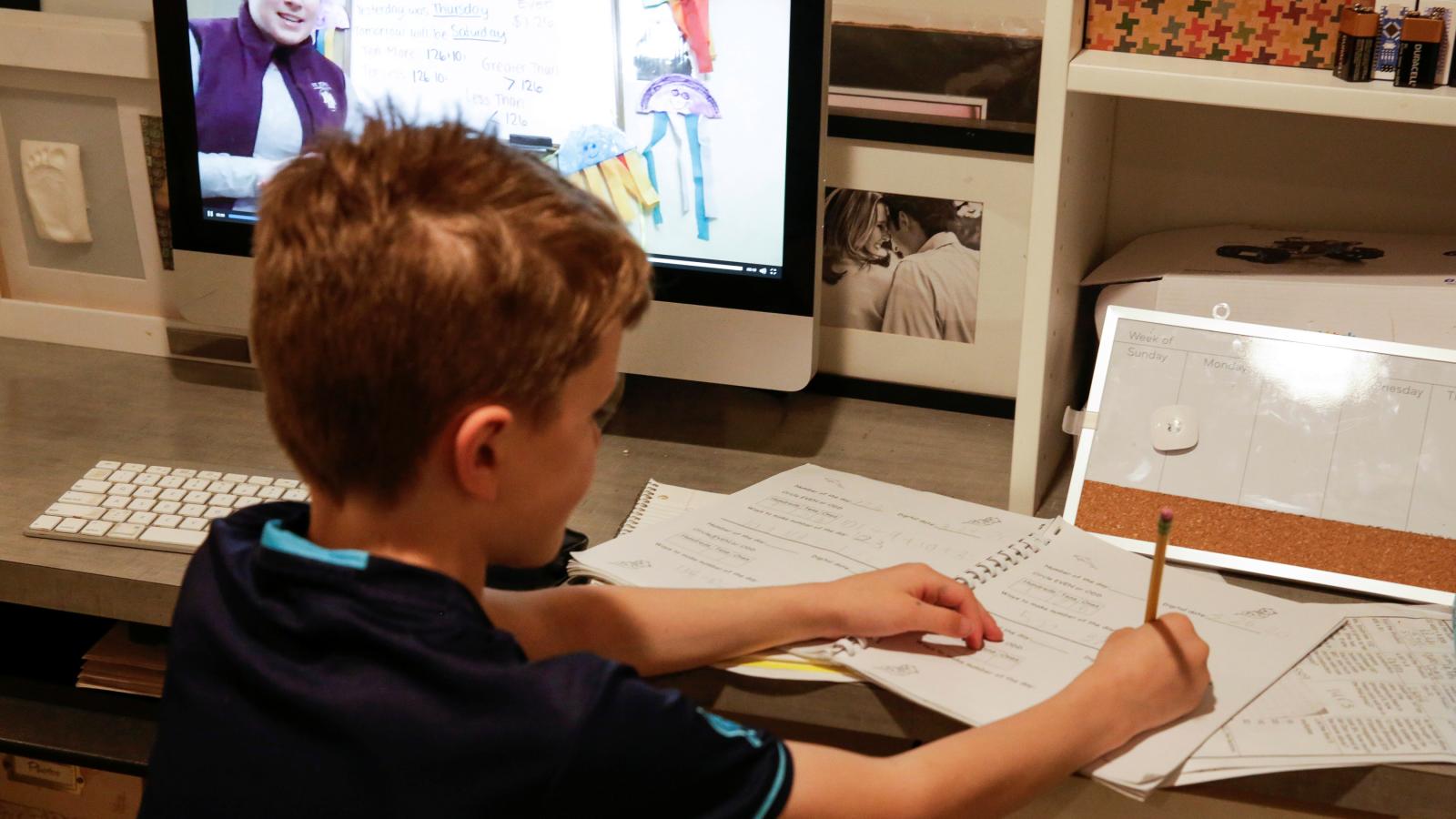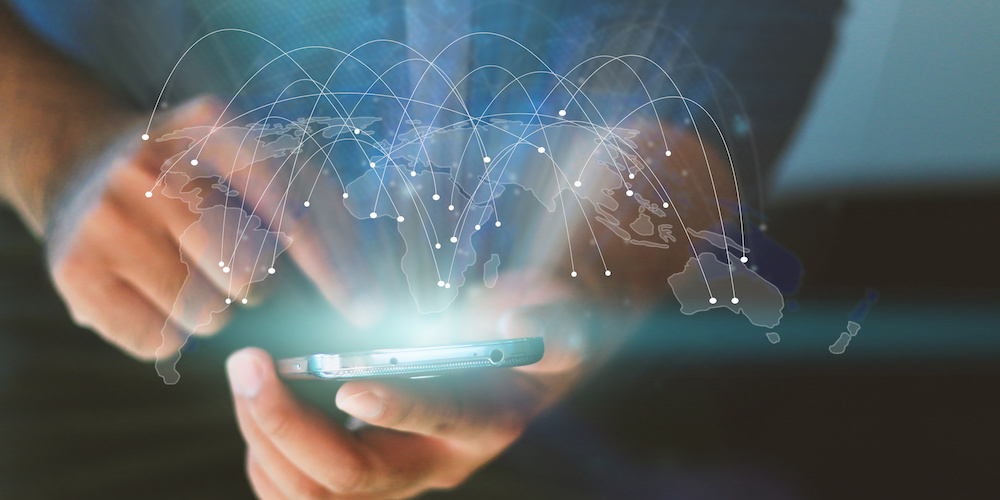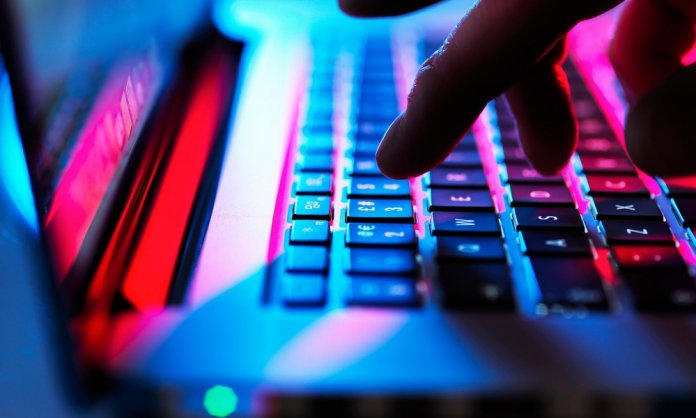Almost all indicators indicate that there is a long and long struggle with the spread of COVID-19, which means that we are currently living in the new normal. And although this new normal has affected businesses, lives and brought the economy to almost a standstill, the one thing it has ascertained is that telecom services are essential, especially for the times ahead. From connecting families and communities to ensuring that most businesses and educational institutions remain online, the industry can already achieve this goal through this kind of lock-in.
Nearly all activities in our everyday lives – work, education, entertainment, banking, socializing, shopping etc. – are moving online. The internet has also played a key role in broadcasting information and data related to COVID-19. Having internet access acts as an enabler, and an incentive for people to stay at home, practice social distancing and try to move forward with their lives.
However, in Pakistan, internet access can still be regarded as a privilege, and there is a worrying digital divide that exacerbates existing socio-economic inequalities. In a country of more than 200 million inhabitants, around 165 million mobile subscribers exist, but only 47% of these subscribers utilize the benefits offered by mobile broadband; around 90 million Pakistanis own a mobile phone that cannot access the internet.
These data illustrate how the benefits of the internet are unevenly distributed in our society. The more impoverished Pakistanis are not even part of the digital transformation. And the pandemic has brought this fact to light.
As the nationwide blockade forced educational institutes to take classes online, more and more people opposed the move, especially from students from rural or remote areas. Due to the lack of high-speed internet, most people are opposed to teaching video streaming software, while some people think that this will consume their pockets because video calls require a lot of data. Experts from various fields emphasized that online courses seem to be discriminatory to students living in rural areas of Pakistan.

For a country that is already struggling to resolve the trough of digital divide, this epidemic has brought another matter to be resolved. With the economic downturn and rampant unemployment, income reduction is becoming a norm, and ordinary people find it increasingly difficult to top up current assets. Mobile operators are also reporting a decline in balance recharge in compared to the same period last year.
Although the digital divide is a problem requiring long-term strategic intervention by the state, investment, and time, respite to the masses should be immediate, since mobile communications, especially mobile broadband, are essential services in this digital era.
Presently, the telecom industry in Pakistan is amongst the highest taxed in the world, as per the Sustainable Development Policy Institute. In addition to the high tax burden on mobile operators, there are a number of consumer taxes levied on mobile services, which significantly increase the cost of ownership of a handset and connection.
For starters, there is an urgent need to modify the current tax policy to deal with the impact of pandemic on mobile phone use. For the sake of foresight, the government should cancel the withholding tax charged by all subscribers, and unify the tax on goods and services in terms of voice, and completely cancel the use of data services to promote the use of Internet and reduce the burden on poor.
According to industry experts, the abolition of data tax will not only bring direct benefits to users, but in the long run, this move will have a positive impact on the digital ecosystem. These tax cuts will also reduce the burden on low-income mobile users.
Looking ahead, the government should also consider changes in regulations and policies to make it easier for mobile operators to extend mobile broadband access to remote areas.
Last but not least, careful consideration should be given to the affordability and accessibility of smartphones. Feature phones, although affordable, are outdated, and their continued use amongst the very poor only hinders their inclusion in to a formal digital economy.

The government’s, #DigitalPakistan slogan needs a policy and regulatory upheaval if it is to become a reality. Where the COVID-19 outbreak has showcased the benefits that digital technologies offer, it has also shed light on a digital divide that will only grow if preventive measures are not taken.
Digital transformation can only be fully realized if high quality access to communication networks and services is made available at affordable prices for all people and firms no matter who they are or where they live.










































